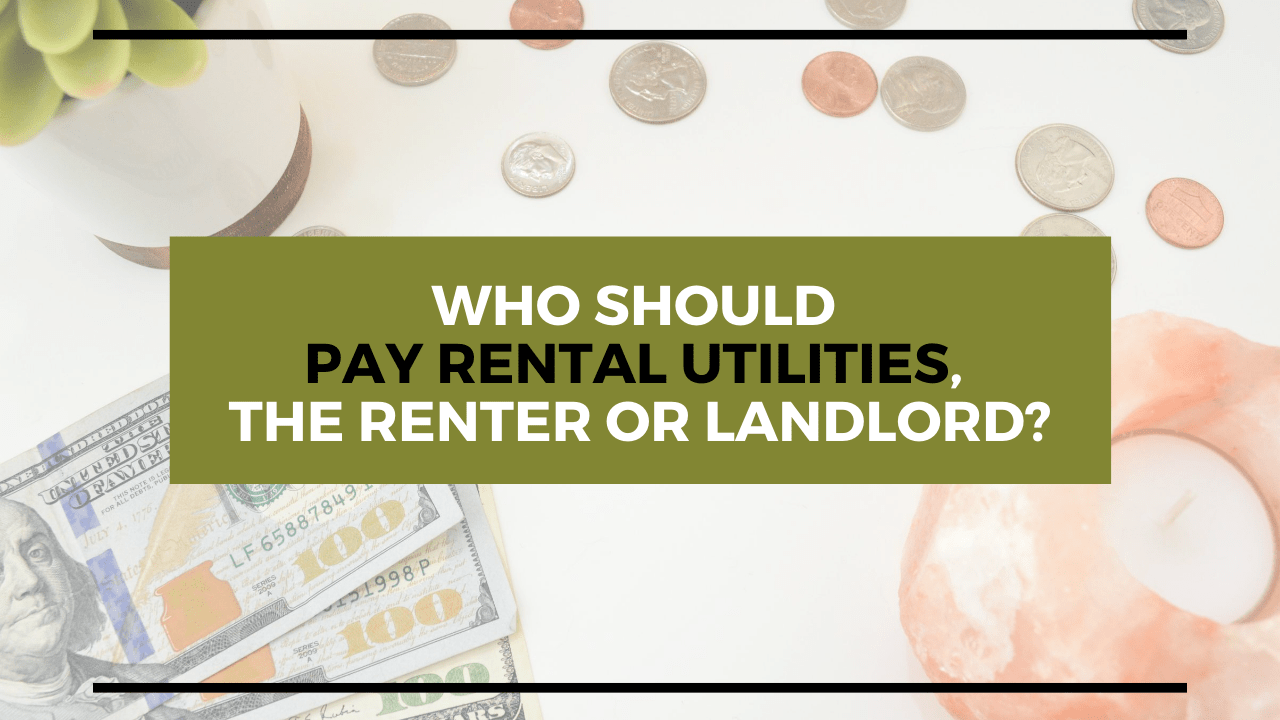Whether you’re paying for all utilities or none of the utilities, make sure your lease agreement stipulates exactly who is responsible for paying which bills. This will ensure that you and your tenants are on the same page and everyone understands their responsibilities and expectations.
If you’re not sure where to find a good Florida lease agreement that reflects utility payments and other pertinent information, we can help.
We’re willing to talk about our experience as professional property managers when it comes to managing utility services and payments. Contact our team at Florida Property Management Services.















